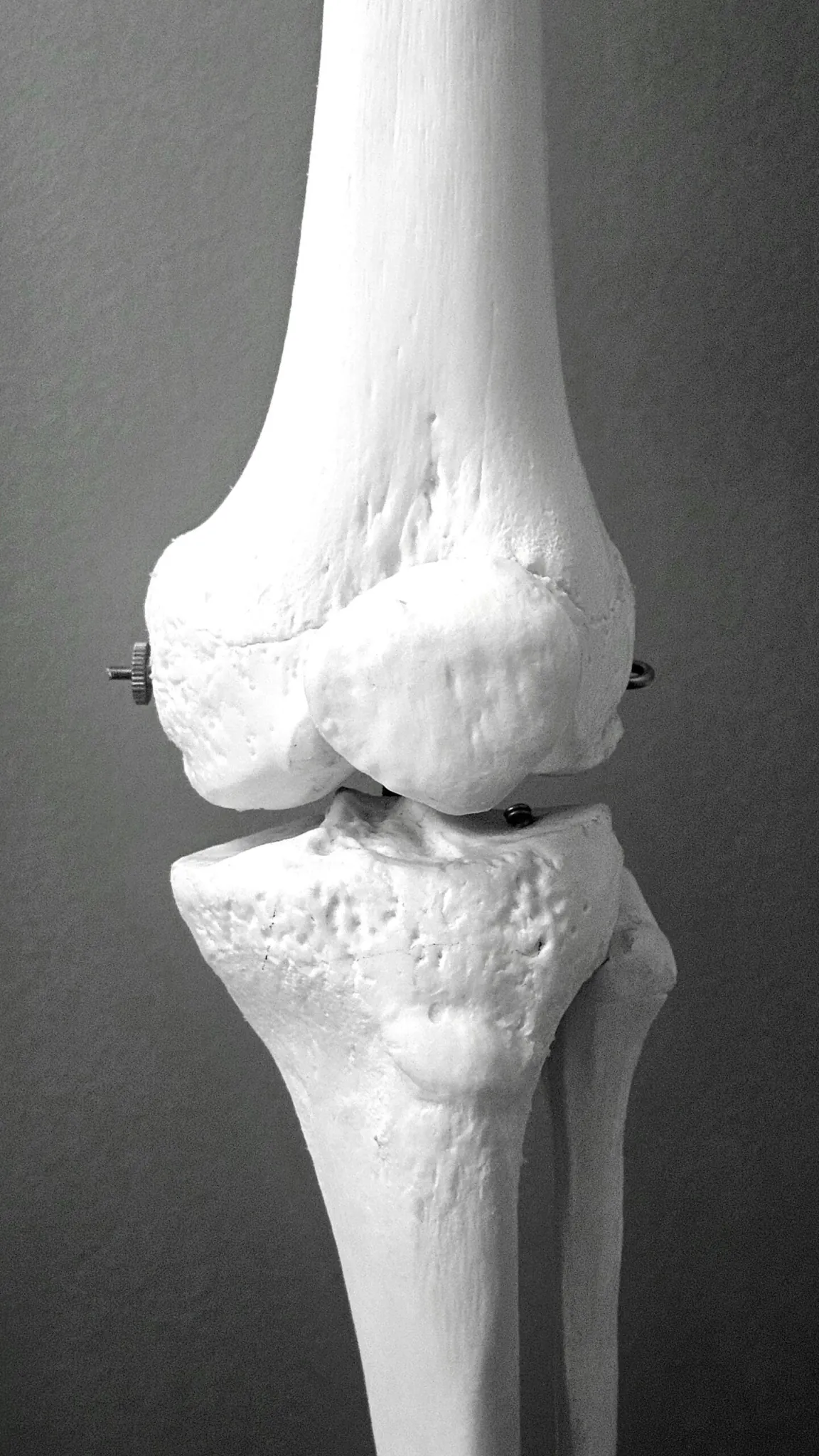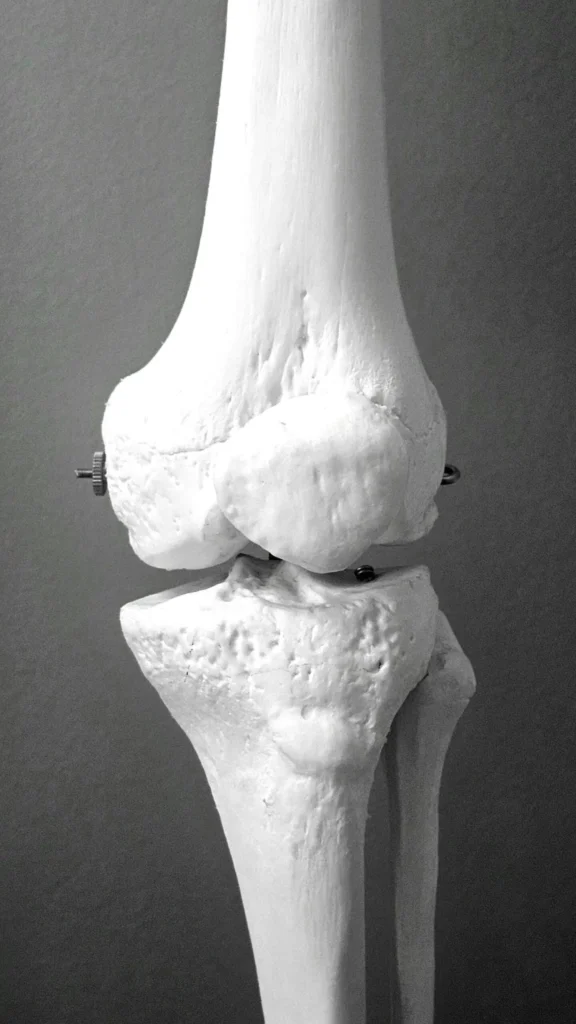Have you ever wondered what happens to your bones once you’ve experienced menopause? Menopause is a significant phase in a woman’s life, marked by the end of menstrual cycles. It is a natural biological process that typically occurs in women between their late 40s and early 50s. While menopause brings freedom from monthly periods and the possibility of pregnancy, it also ushers in some significant changes in the body. Among these, the long-term effects on bone health are particularly noteworthy.

Understanding Menopause and Its Impact on Bone Health
Menopause is accompanied by a decline in the production of estrogen, a hormone that plays a vital role in maintaining bone density. As estrogen levels fall, bones can become weaker and more prone to fractures. Let’s unravel the connection between menopause and bone health by examining how hormonal changes influence bone density.
The Role of Estrogen in Bone Health
Estrogen is crucial in keeping bones strong and healthy. It works by inhibiting bone resorption, a process where bone cells called osteoclasts break down bone tissue and release the minerals, leading to bone loss. Estrogen also promotes the activity of osteoblasts, the cells responsible for bone formation. Therefore, lower estrogen levels after menopause can result in an imbalance where bone resorption outpaces bone formation, leading to decreased bone density.
Changes in Bone Density Post-Menopause
During the first few years following menopause, women can experience a rapid decline in bone densitiy. This decline is part of the normal aging process but is accelerated by the reduction in estrogen levels. Studies indicate that women can lose up to 20% of their bone density in the first five to seven years after menopause.
Common Bone Issues Related to Menopause
The most common conditions related to decreased bone density post-menopause include osteopenia and osteoporosis. Osteopenia is a condition where bone density is lower than normal but not low enough to be classified as osteoporosis. Osteoporosis, on the other hand, is a more severe form of bone loss that significantly increases the risk of fractures, even from minor falls or bumps.
Long-Term Effects of Menopause on Bone Health
The long-term effects of menopause on bone health primarily revolve around an increased risk of fractures, changes in posture, and potential for chronic pain. These effects may not only affect your physical well-being but can also impact your quality of life.
Increased Risk of Fractures
Menopausal women are at a higher risk of fractures, particularly in the hips, spine, and wrists. Fragility fractures, which occur due to weakened bones, can have serious consequences, including loss of mobility and independence. Hip fractures, in particular, are associated with high morbidity and mortality rates.
| Type of Fracture | Common Locations | Potential Consequences |
|---|---|---|
| Fragility Fracture | Hip, wrist, spine | Loss of mobility, chronic pain |
| Compression Fracture | Vertebrae | Change in posture, height loss |
Changes in Posture and Height Loss
Another significant long-term effect is a change in posture. Vertebral compression fractures can lead to a stooped posture or a reduction in height. When a vertebra collapses, it can also cause chronic back pain and reduced physical activity, further contributing to bone deterioration.
Chronic Pain and Reduced Mobility
The interplay between bone health and physical activity is crucial. With reduced bone mass and potential fractures, mobility can be significantly compromised, leading to a more sedentary lifestyle. This lack of movement can accentuate issues related to bone health, creating a vicious cycle.

Strategies to Combat Bone Loss Post-Menopause
While the effects of menopause on bone health can be concerning, there are ways you can mitigate these issues. By adopting healthy lifestyle modifications, including dietary changes, regular physical activity, and possible medical interventions, you can maintain stronger bones.
Nutrition to Support Bone Health
Nutrition plays a quintessential role in supporting bone health, especially during and after menopause. Ensuring a diet rich in calcium and vitamin D is paramount. Calcium is a building block of bone tissue, while vitamin D enhances calcium absorption in the body.
| Nutrient | Recommended Source | Benefits for Bone Health |
|---|---|---|
| Calcium | Dairy products, leafy greens | Essential for maintaining bone mass |
| Vitamin D | Sunlight, fortified foods, fatty fish | Enhances calcium absorption |
Regular Physical Activity
Engaging in regular physical activity, particularly weight-bearing and muscle-strengthening exercises, can help maintain bone density. Weight-bearing exercises, such as walking, jogging, or dancing, force the body to work against gravity, which helps stimulate bone formation. Meanwhile, resistance exercises, such as lifting weights or using resistance bands, can improve muscle strength and support surrounding bones.
Medical Interventions
In certain cases, lifestyle changes alone may not be sufficient in combating bone loss post-menopause. Medical interventions, including hormone replacement therapy (HRT) and medications like bisphosphonates, may be considered. These treatments can help slow bone loss, increase bone density, and reduce fracture risk. However, it’s crucial to discuss the benefits and risks of these treatments with your healthcare provider to determine the best course of action.
Assessing Your Bone Health
To better understand your bone health post-menopause, regular assessments are recommended. Bone density tests, also known as DEXA scans, can measure your bone mass and help predict fracture risk. This information can serve as a valuable benchmark in deciding whether further medical intervention is necessary.
When to Get a Bone Density Test
It’s generally advised for women to have a bone density test at the onset of menopause, especially if there is a family history of osteoporosis or other risk factors, such as a sedentary lifestyle, smoking, or excessive alcohol consumption. It’s also recommended for those who have experienced fractures after minimal trauma.
Understanding Bone Density Test Results
Bone density test results are presented as T-scores. A T-score of -1.0 or above is considered normal, between -1.0 and -2.5 indicates osteopenia, and -2.5 or below is diagnostic for osteoporosis. Understanding these scores can help you and your healthcare provider make informed decisions about managing bone health post-menopause.

The Emotional Impact of Menopause on Bone Health
The physical changes brought about by menopause, including those affecting bone health, can also have emotional and psychological impacts. Concerns about health and mobility, coupled with the possibility of fractures, can lead to anxiety and stress.
Coping with Anxiety and Stress
Managing stress through mindfulness, yoga, or meditation can be beneficial. These activities not only help reduce stress levels but also enhance physical well-being. Participating in support groups or seeking professional counseling can provide a platform for sharing experiences and strategies to manage these changes.
Building a Support System
Having a solid support network is crucial during this transitional phase. Your friends, family, and healthcare team can offer practical assistance and emotional support. Engaging in social activities and community events can keep you connected and engaged, reducing feelings of isolation.
Conclusion
Menopause marks a significant change in a woman’s life, bringing both challenges and opportunities. The decline in estrogen production during this phase can have profound effects on bone health, increasing the risk of fractures and mobility issues. However, by adopting a proactive approach through nutrition, regular exercise, medical interventions, and emotional support, you can optimize your bone health. Embracing these strategies allows you to maintain an active, healthy lifestyle and continue enjoying the activities you love well into your post-menopausal years.

